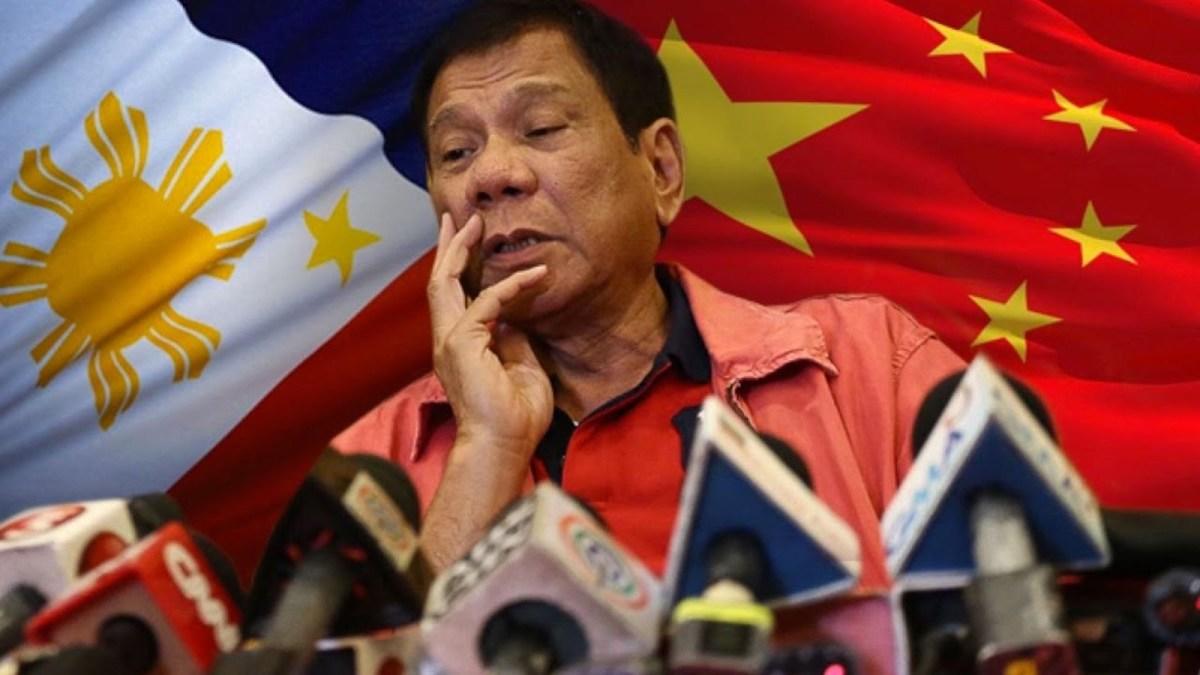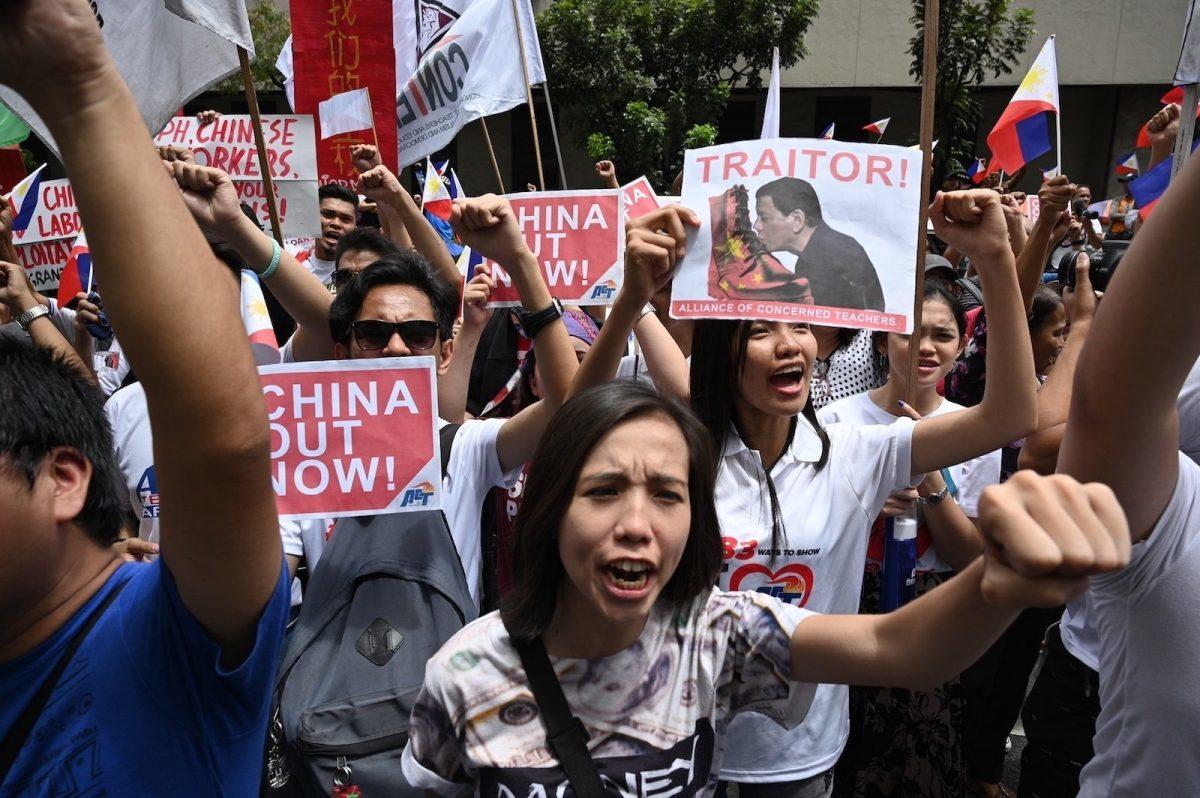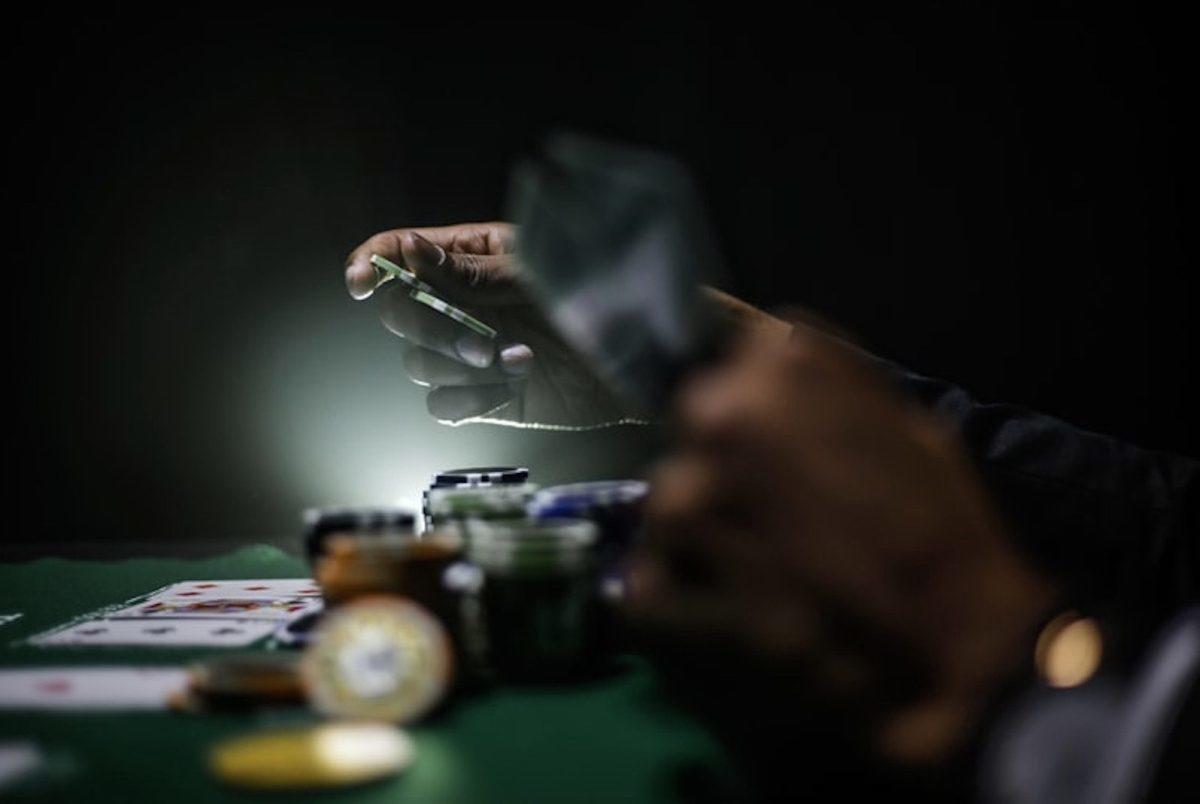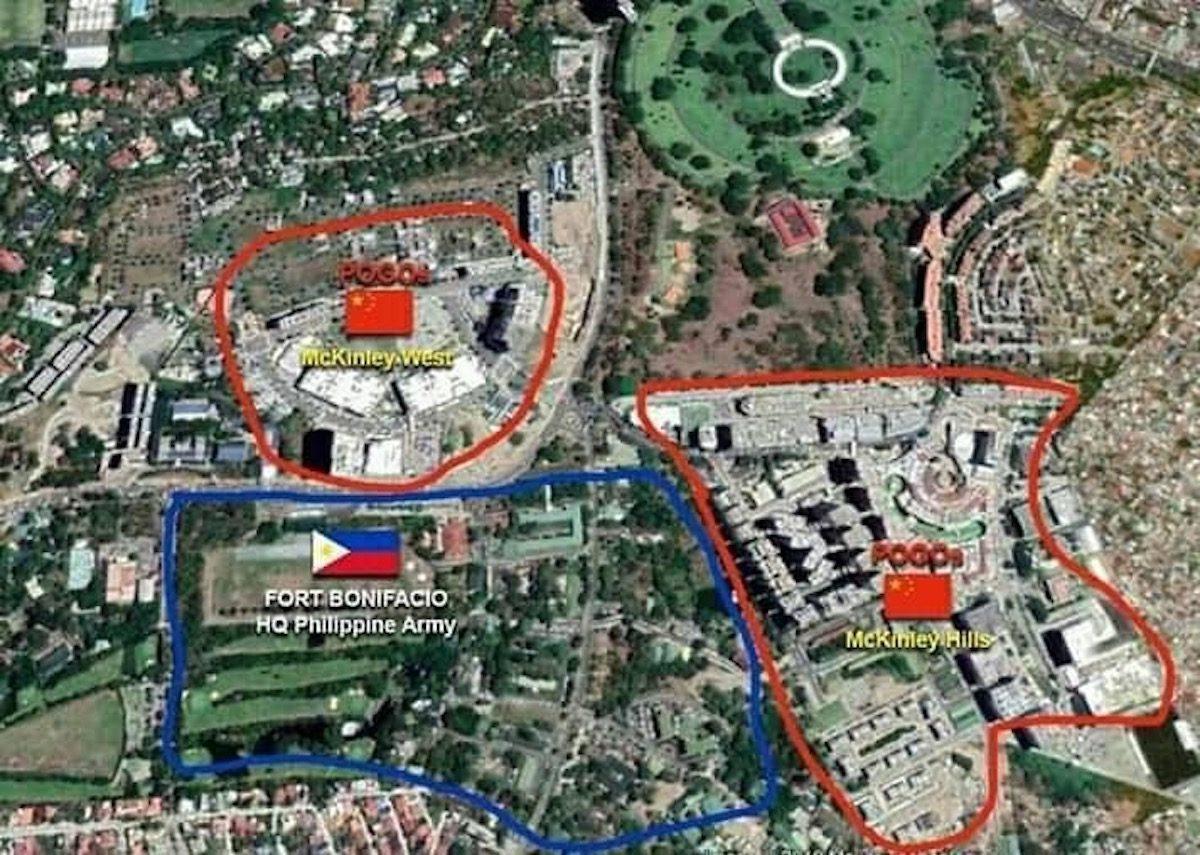China Quietly Filling U.S. Vacuum In The Philippines
Authored by Jason Cataneda via The Asia Times,
President Rodrigo Duterte’s cancellation of key strategic pact with US has opened the way for Chinese infiltration
As President Rodrigo Duterte moves to boot US troops from Philippine soil through the cancellation of a key defense pact, China’s People’s Liberation Army (PLA) is quietly moving in to take their place.
Duterte’s recent decision to abrogate the Visiting Forces Agreement (VFA), which allowed the US to rotate troops and position equipment in the country, is opening the way for China to solidify its competing strategic position in the country.
That’s at least according to early findings of investigations into China’s undercover and illicit activities, ranging reputedly from espionage to surveillance to money laundering, now being spearheaded by Philippine Senator Richard Gordon.
Those probes have included scrutiny of the hundreds of thousands of Chinese citizens now employed in the burgeoning online casino sector, known locally as Philippine Offshore Gaming Operations (POGOs), many of which are clustered close to key military camps and strategic bases in Manila, the national capital.
Gordon has claimed that the POGOS have been infiltrated by PLA soldiers for intelligence gathering and other activities. Those claims were validated when two card-carrying PLA members attached to a POGO were were arrested in a shooting incident in Manila late last month.
Anti-China protesters during a demonstration in front of the consular office of China, Manila, April 9, 2019. Photo: AFP/Ted Aljibe
The Senate investigations have revealed a tangled web of official corruption and conspiracy which has allowed countless Chinese citizens, including allegedly between 2,000-3,000 PLA soldiers, to illegally and secretly reside in the country.
Under the so-called “pastillas” scheme, exposed by whistleblower Allison “Alex” Chiong of the Philippine Bureau of Immigration (BI), Chinese nationals pay roughly 10,000 pesos (US$200) as a “service fee” for special treatment and ease of entry into the country.
While around $40 of that fee goes to immigration officers, the rest is allegedly spread among senior officials and other allies of the president who oversee the alleged syndicate run out of Manila’s Ninoy Aquino International Airport.
The money, according to the whistleblower, is rolled inside a sheet of bond paper, similar to how the Philippine milk candy delicacy “pastillas” is packed. That, the investigations claim, has paved the way for so-called Chinese “immersion missions” by PLA members.
Public anger against the POGOs has recently spiked, fueled by the Duterte government’s belated imposition of a travel ban on Chinese citizens amid the coronavirus outbreak that started its deadly global spread in late January.
Many believe that wayward officials who benefit from the POGOs and import of illegal Chinese workers played an outsized role in the decision to allow thousands of Chinese citizens, including from Wuhan, the outbreak’s epicenter, to enter the country even after Beijing quarantined all of Hubei province.
Senator Panfilo Lacson, chairman of the committee on national defense and security and a former police chief, said that he has recently received information from security agencies claiming that thousands of undercover PLA members are engaged in “immersion missions” in the country, with Chinese spies operating under the guise of POGO workers.
“The intelligence community should exert extra effort to gather information in this regard,” Lacson recently said.
Chinese-run gambling operations in the Philippines are under growing scrutiny as potential spy havens. Image: Facebook
Lacson, Gordon and Senate Minority Leader Franklin Drilon have all recently warned that China aims to take advantage of the new and growing security vacuum caused by Duterte’s recent abrogation of the VFA with the US, a move that has undermined the legal status of the two sides’ 1951 Mutual Defense Treaty (MDT).
The US and Philippines stage thousands of bilateral military activities and exercises each year, including war games that include mock invasions of islands that aim to send a strong signal to China in the South China Sea.
“That may confirm a yet unvalidated report that a good number of PLA members are on ‘immersion mission’ in several parts of the country, although the reason for it is still unclear,” Lascon said.
“The police as well as the intelligence community should lose no time in exerting serious efforts to authenticate the discovered PLA using sources independent of the Chinese government, for obvious reasons,” warned the senator.
Lascon has also claimed that 47 Chinese individuals recently smuggled US$446 million into the Philippines over a recent five month span, whereby the Chinese money launderers paid and made connections with bent Philippine officials.
Senator Gordon, long seen as a Duterte ally, has warned of large-scale money laundering going hand-in-hand with a potential “fifth column” infiltration of Chinese security forces.
“There is tolerance. I don’t know where it is coming from,” said Gordon, implying the Beijing-friendly president is partly responsible for the threat, according to media reports.
“The shenanigans of what we see here, all happened because of the policy decision to allow overseas gaming operations in our country,” said Drilon in directly blaming the Duterte administration.
“What is happening in our country is apparently rooted in the very presence of POGOs run by the Chinese. If there were no POGOs, all of these nefarious activities would have no purpose,” he added.
An aerial photo depicting the location of Chinese-run POGOs and the Philippine military’s headquarters. Source: Defense Forum
Fears of systematic Chinese espionage activities were sparked last year when netizens shared images showing the suspicious proximity of Chinese-run POGOs to security and law enforcement agencies in Manila.
Those include POGOs situated near the Philippine Air Force and Navy headquarters, Philippine National Police headquarters at Camp Crame, and Camp Aguinaldo which hosts the Philippine Army and National Defense Department offices.
“When you already see many people [at the POGOs], who are always there…it’s very easy for all these [Chinese] people to perhaps shift their activities to spying,” Philippine Defense Secretary Delfin Lorenzana said last year. “They are near [military facilities].”
Philippine National Security Adviser Hermogenes Esperon, meanwhile, raised alarms last year over the entry of thousands of undocumented Chinese as a potential security “threat”, including through possible PLA surveillance and espionage.
“You’d also start getting worried when a whole building, condominium, tower is occupied by only one nationality where you would not be able to guard all their activities,” the national security adviser said. “Some unwelcome activities could transpire there so we need to prevent those.”
It’s not clear yet that Duterte’s pro-China administration will undertake any concrete measures to address these concerns and reputed threats.
“He [Duterte] told me…We really need the funds from those [POGO] operations,” presidential spokesperson Salvador Panelo said amid an escalating call for their closures. “Because the money we get from whatever [Chinese] sources is for the government, so the government can use that in any undertaking.”
Tyler Durden
Fri, 03/13/2020 – 19:25



